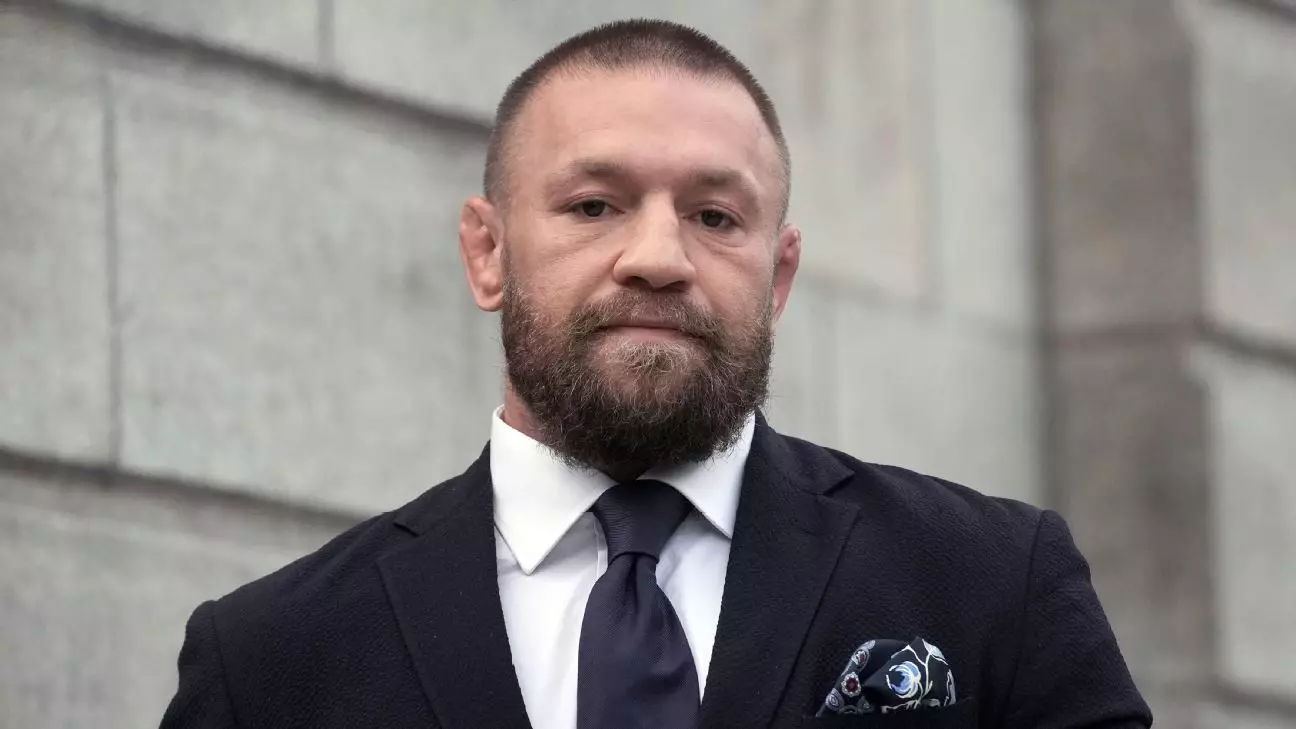Conor McGregor’s recent attempt to overturn a civil sexual assault verdict underscores the harsh realities of accountability, even for high-profile figures. Despite his fame and formidable presence in the UFC, the Irish fighter could not sway the judicial process in his favor. The High Court’s decision to dismiss his appeal reveals a reinforcing of the principle that no one is above the law, regardless of their celebrity status. McGregor’s effort to challenge the verdict, which found him liable for assault and ordered him to pay substantial damages, was met with decisiveness, emphasizing that legal processes are designed to serve justice rather than protect reputation.
His legal team’s failed attempt involved contentious arguments, including claims based on new witness testimonies. One such testimony involved a neighbor who reportedly saw his accuser in a physical altercation prior to her encounter with McGregor. The fact that this argument was ultimately withdrawn signifies the strength of the court’s conviction—that the evidence against McGregor was compelling enough to withstand such challenges. This case, and the court’s unwavering stance, serve as a powerful reminder that legal systems prioritize truth and justice over celebrity influence.
Impact on Public Perception and Personal Legacy
The public’s perception of McGregor has undoubtedly been affected by this case. While he remains a dominant figure in MMA, the shadow of these allegations and legal setbacks complicate his image. Many fans and observers are grappling with conflicting feelings—admiration for his athletic prowess contrasted with critical scrutiny of his personal conduct. This duality raises important questions about how fame can distort or shield certain behaviors, and how justice serves as a leveling force regardless of social stature.
Crucially, McGregor’s case illustrates a broader societal shift: victim voices are gaining prominence, and legal outcomes increasingly reflect a commitment to accountability. For McGregor, being found liable in civil court and failing to overturn the decision is a stark lesson in humility and perhaps, a prompt for reevaluation of personal actions.
The Broader Implications for Athletes and Celebrities
McGregor’s legal defeat highlights how public figures are not immune to consequences when they cross personal boundaries or violate others’ rights. The case acts as a catalyst for reflection within the athletic community and beyond. It underscores the importance of respecting personal autonomy and fostering a culture of accountability, especially for those wielding influence and power.
Furthermore, the incident reminds us that legal rulings, whether criminal or civil, serve a vital role in maintaining social justice. McGregor, who has been away from the octagon since suffering a significant injury in 2021, may see this as a turning point. His recent statements about drug testing and his expressed interest in future UFC appearances suggest a desire to rebuild his career, but the scars of this case could linger. The intersection of sports, fame, and personal conduct continues to evolve, and this episode exemplifies the necessity for public figures to tread carefully, lest their legacy be overshadowed by unresolved controversies.


Leave a Reply